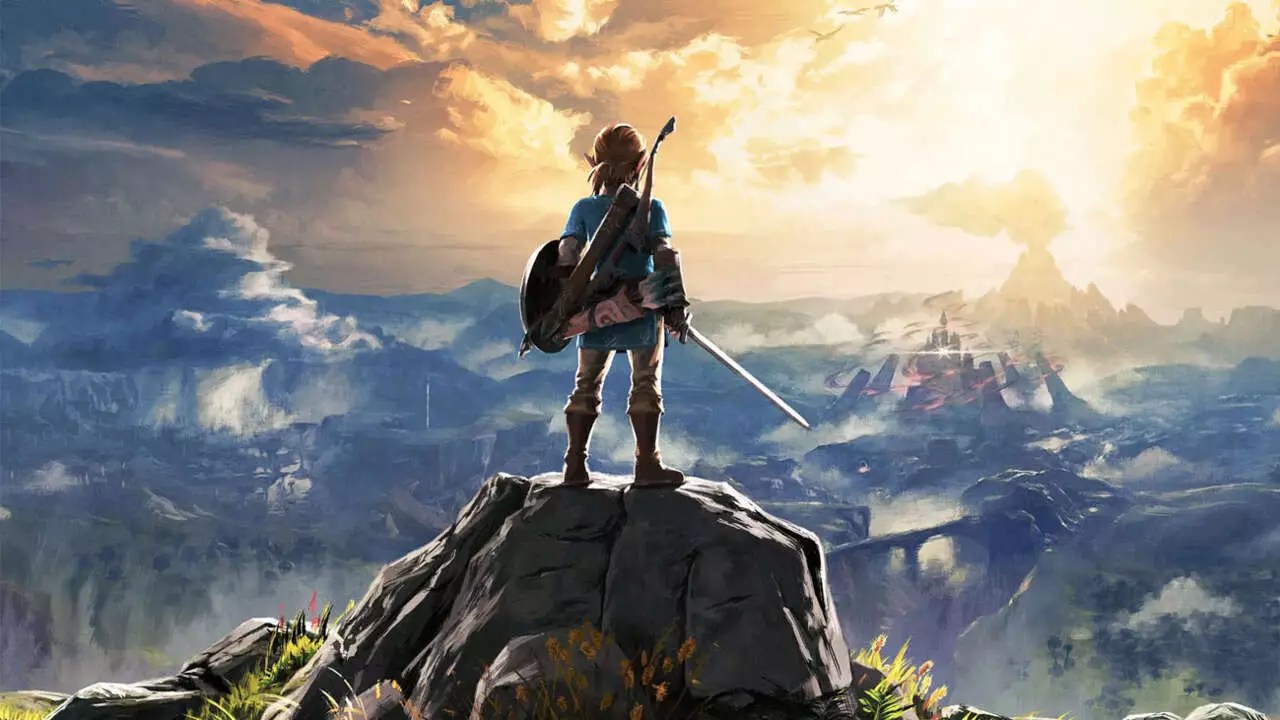In an age where fan-made content is celebrated for its creativity and passion, the recent cancellation of Chris Carpenter’s Kickstarter campaign for a Legend of Zelda fan film poses serious questions about the constraints surrounding such ambitious projects. With around $24,000 raised, hopes were high for the film titled “Lost in Hyrule.” However, Nintendo’s swift legal intervention brought the campaign to an abrupt halt, shadowing Carpenter’s artistic endeavor with corporate caution.
Chris Carpenter initially ignited excitement in the gaming and filming community with his ambitious concept—a narrative set following the events of “Ocarina of Time” and “Majora’s Mask.” This timing seemed fortuitous, as nostalgia for classic titles remains strong among long-time fans. Paired with a respectable cast that included Avi Lake as Princess Zelda and Carpenter himself as Link, the project had the potential to capture the spirit of the beloved franchise. Fans rallied, contributing funds and sharing the campaign widely on social media platforms, showcasing the vibrant community eager for more content inspired by the magical world of Hyrule.
However, the celebration was short-lived. Nintendo, a company renowned for its protective stance regarding IP, wasted no time in suspending the Kickstarter campaign, effectively silencing the creative outburst. In a statement from producer Dio Traverso, it was confirmed that the funding would not be collected and thanked supporters for their enthusiasm. This quick intervention certainly highlights the corporation’s stringent enforcement of intellectual property rights, even extending to projects that seek to pay homage rather than directly mimic their beloved franchises.
The fallout of this incident underscores the precarious nature of fan film projects in the tentative space between homage and infringement. While the entertainment industry has increasingly embraced grassroots creativity—often with platforms supporting independent projects—Nintendo remains an outlier. Their history is rife with legal actions against entities that seemingly encroach upon their intellectual property, clearly illustrating their reluctance to allow any reinterpretation of their iconic characters and stories.
Though Carpenter’s aspirations for “Lost in Hyrule” have been prematurely extinguished, this incident should serve as a learning experience for creators and fans alike. The delicate balance between inspiration and legal infringement can be a minefield, particularly in the context of prominent brands like Nintendo. As the landscape of fan-made content continues to grow, both the industry’s support of such initiatives and a respectful understanding of IP rights will be crucial in shaping a future where creativity does not inadvertently ignite corporate backlash. Instead of being seen merely as litigation threats, companies might consider fostering fan projects, recognizing that these expressions often stem from deep-rooted admiration. Perhaps in this era of creativity, brands can find ways, much like the heroes in their own narratives, to collaborate with their most fervent supporters.


Leave a Reply